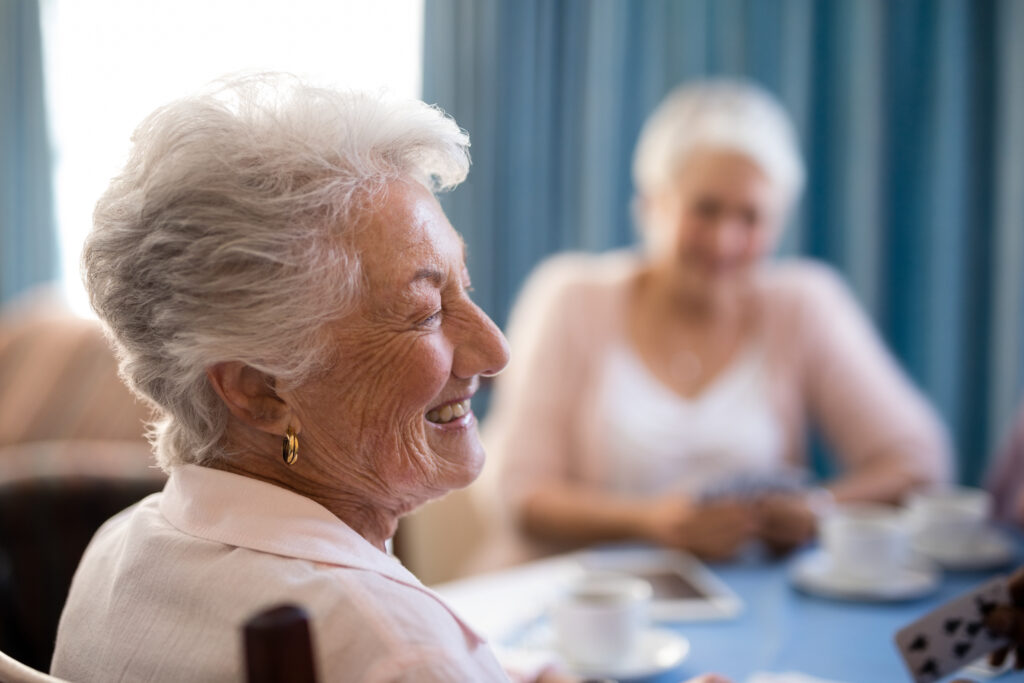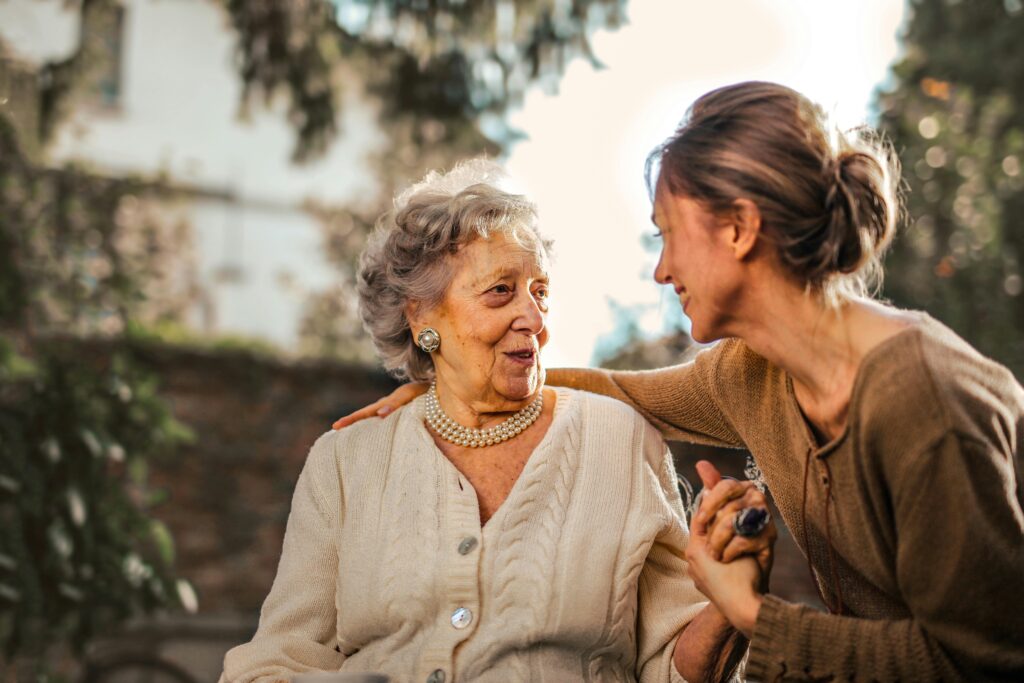Factors Influencing Nursing Home Expenses Today
Factors Influencing Nursing Home Expenses Today Overview of Nursing Home Costs in Australia The price of long-term care is influencedRead more

Factors Influencing Nursing Home Expenses Today Overview of Nursing Home Costs in Australia The price of long-term care is influencedRead more

Affordable Rental Options for Senior Citizens Meeting the Growing Demand for Senior Accommodation As the population ages, the demand forRead more

Centrelink Pension Increase: What to Expect in 2026 The Australian pension landscape is poised for notable changes in 2025, particularlyRead more

Table Of Contents: Respite Caregiver Explained: Role, Duties, and Support Provided Key Takeaways Defining the Respite Caregiver and Their PurposeRead more

Table Of Contents: Practical Tips on How to Avoid Caregiver Burnout Key Takeaways Establish Boundaries to Protect Your Mental HealthRead more

Table Of Contents: A Comprehensive Overview of Aged Care Costs in Australia Key Takeaways Understand the Types of Aged CareRead more

Caring for a friend or relative can be deeply rewarding and challenging in equal measure. The emotional and physical demandsRead more

How much does aged care cost? Unfortunately, there isn’t a simple answer. Navigating the aged care system in Australia canRead more